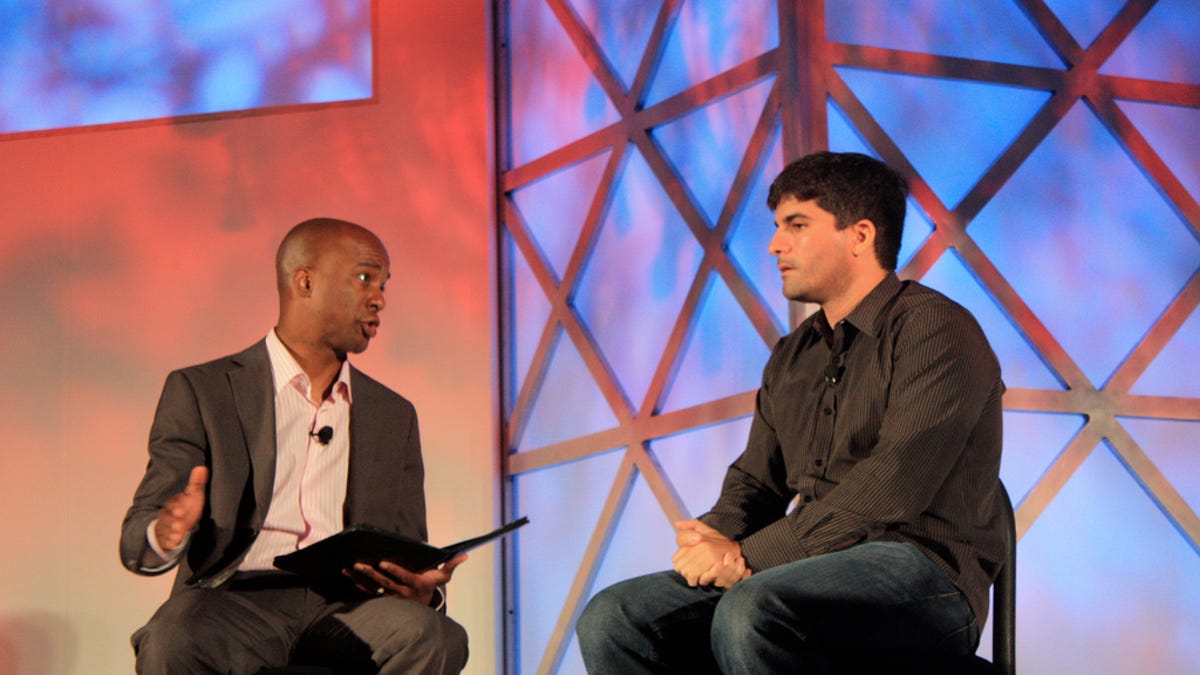AdMob CEO: Apple not enforcing ad restrictions
New policies that could have threatened AdMob's ability to sell ads in iPhone applications are not yet being enforced by Apple, AdMob's CEO confirmed.

SAN FRANCISCO--Despite putting a scare into AdMob and its customers with its new policies on third-party ad networks, Apple has not yet enforced those policies, AdMob's CEO confirmed Tuesday.
Omar Hamoui, founder and CEO of Google's AdMob division, said it has been business as usual for AdMob's ad network customers seeking to place ads in iPhone applications ever since Apple inserted language into its iPhone Developer Agreement in June that appeared to kneecap ad networks owned by anyone competing with Apple in mobile computing, such as AdMob parent Google. "They haven't been enforcing (the new regulations) yet. We're very appreciative of that," he said at the MobileBeat 2010 conference here.
When iOS4 was announced Apple changed the terms of the iPhone agreement by prohibiting ad networks owned by competitors from collecting certain types of analytic data. Were Apple to actually enforce those terms, "it would mean we could not run ads on the iPhone at all," Hamoui said, explaining that without the analytical data, AdMob couldn't even track who had clicked on their customer's ads. Advertisers won't buy ads when they can't even tell how many people had clicked on that ad, he said.
Anecdotal reports from developers had suggested that Apple was not enforcing these terms in iPhone applications approved for the App Store after the changes were released, but Apple, Google, and AdMob had not commented on the reports.
Despite the change in policy, Hamoui said that Apple's work on its iAds platform was actually a very good thing for the mobile advertising industry, suggesting that when a company like Apple starts talking up the value of mobile advertising, big-name brand advertisers start paying more attention to the market. That means there will be more business for everyone to go around, since advertisers don't like to put all their eggs in one basket.
"The really rich pretty ads they're doing are making advertisers and agencies think about what mobile means," Hamoui said. "Anybody getting advertisers interested in mobile is a good thing. It's not at all a zero-sum game."